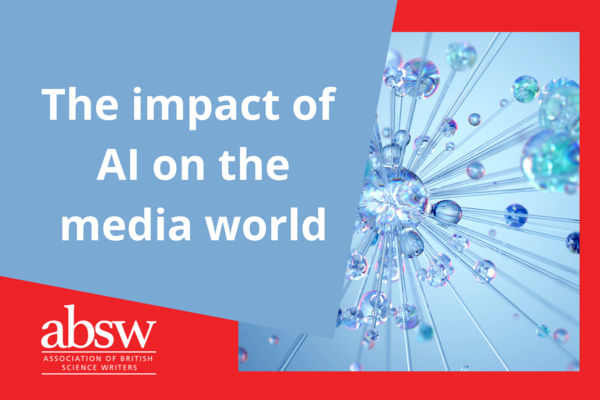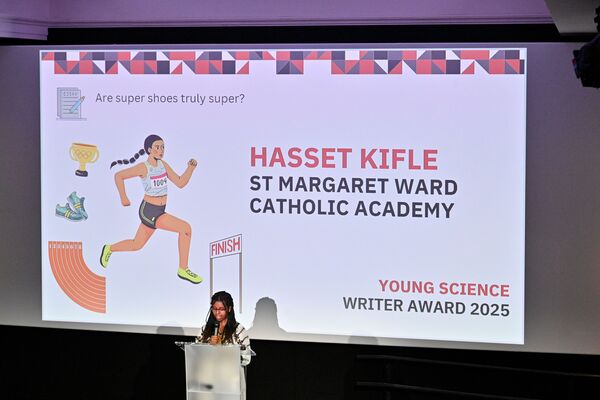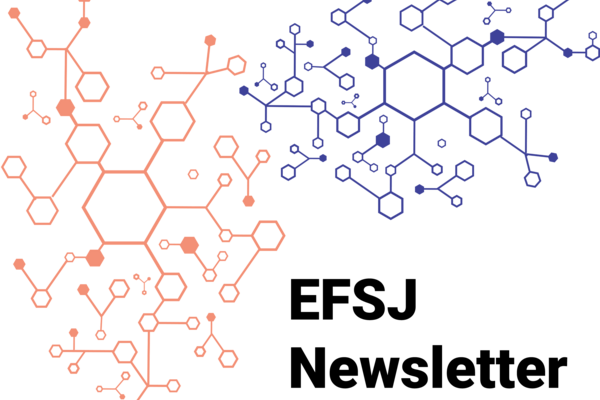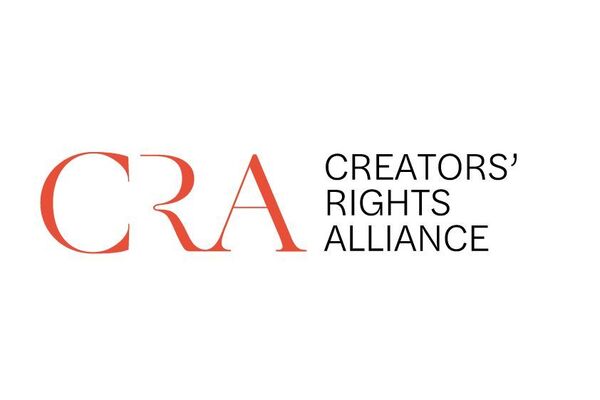By ABSW member Dr Alison Cooper
ABSW members can watch a replay of this event and discover resources on AI and journalism in our resources section.
The artificial intelligence (AI) content generator ChatGPT is already being put to work in newsrooms, publishing and education across the world. The implications for journalism provided the talking point for an online discussion hosted by the ABSW.
The panel felt that science journalists are well equipped to trial Chat-GPT functionality. If all goes well, rather than taking their jobs, it could become a trusted assistant. Mastery is not automatic, which is why conversations like this are needed, bringing critical people together to define the path ahead.
At present, ChatGPT is capable of producing logically and linguistically correct articles. It can spew out 1,000 words a minute. Matthew Cobb from the University of Manchester found it most effective for shorter structured answers, equivalent to a UK GCSE answer or academic abstract. In his assessment, its response to a university assignment might not fail. Seemingly appealing articles may in fact represent ‘perfect nonsense’. Educators need to be vigilant and invalid references give a clue.
The system works by trawling the web and recognising patterns. Currently, if tailored effectively, it can provide briefings but not generate news itself. Subhra Priyadarshini, Editor in Chief of Nature India, explained how her team found favourable results using it to research and translate articles into different languages and publication styles. This could prove beneficial for the flow of scientific information across the world.
The system learns as people interact, performing better the more it is prompted. The output comes to reflect user preferences. Continued engagement has already guided it to return more culturally diverse material. However, this responsiveness could result in an addictive dependency for content creators.
The panel explored how ChatGPT could change expectations for journalists. It is important to remember that the system lacks human capability for integration an analysis. Investigative and editing skills are more important than ever. Human journalists can sift the stream and recognise the significance of ‘hand-written’ stories.
Chat-GPT needs a user vision to get started, and the skills to instruct this, so journalists could come to be judged by their ‘embeddings’. Command of this process could free writers to focus on the more discerning and creative aspects their work.
Consumers are also a vital component, commented Charlie Beckett from the London School of Economics. Presented with ever wider array of plausible articles they may become increasingly selective, or revert to more established traditional media, as was seen during COVID. Successful journalists will establish a trusted voice and put across a perspective, grounded in reality.
The panel were quick to admit that legislation simply cannot keep pace with developments. This leaves it down to users to self-regulate their interactions with synthetic information. Disclaimers and enhanced interrogation skills might be necessary to control the content and expose chat cheats.
‘Don’t go there’, is a safeguard built into the systems, by excluding offensive content from the training material, Cobb explained. This seemingly ethical safeguard was developed at the expense of exploiting people who initially had to read this content in order to set the filters. Meanwhile, journalists can’t simply avoid the most difficult and sensitive topics. Inability to communicate these in a socially and culturally acceptable manner, is a weakness of AI. Yet, experienced users can now sometimes persuade ChatGPT to return information about concepts that were previously off limit.
One claim made during the event was that applying an AI content generator use could soon become as pervasive as using a spell checker. As someone who remembers disabling the irritating paper clip on my word processor, I have my doubts about how much this will be accepted. Whatever the eventuality, occasional return to basics is essential for grappling with this mass of information.
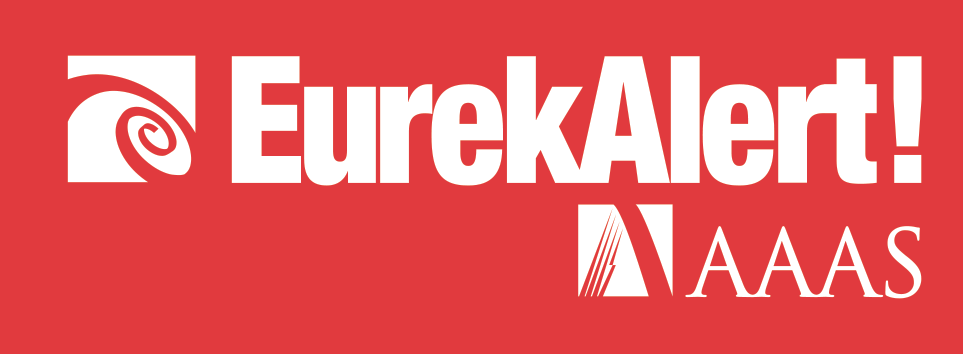
With thanks to EurekAlert! the ABSW's Lead Professional Development Partner

